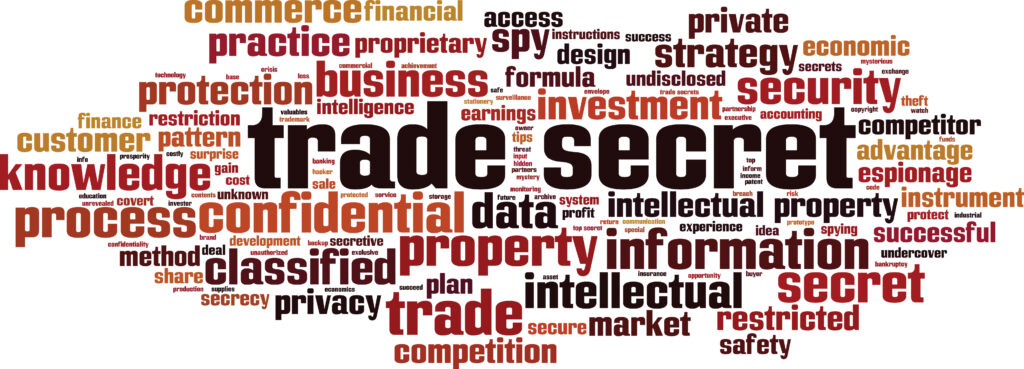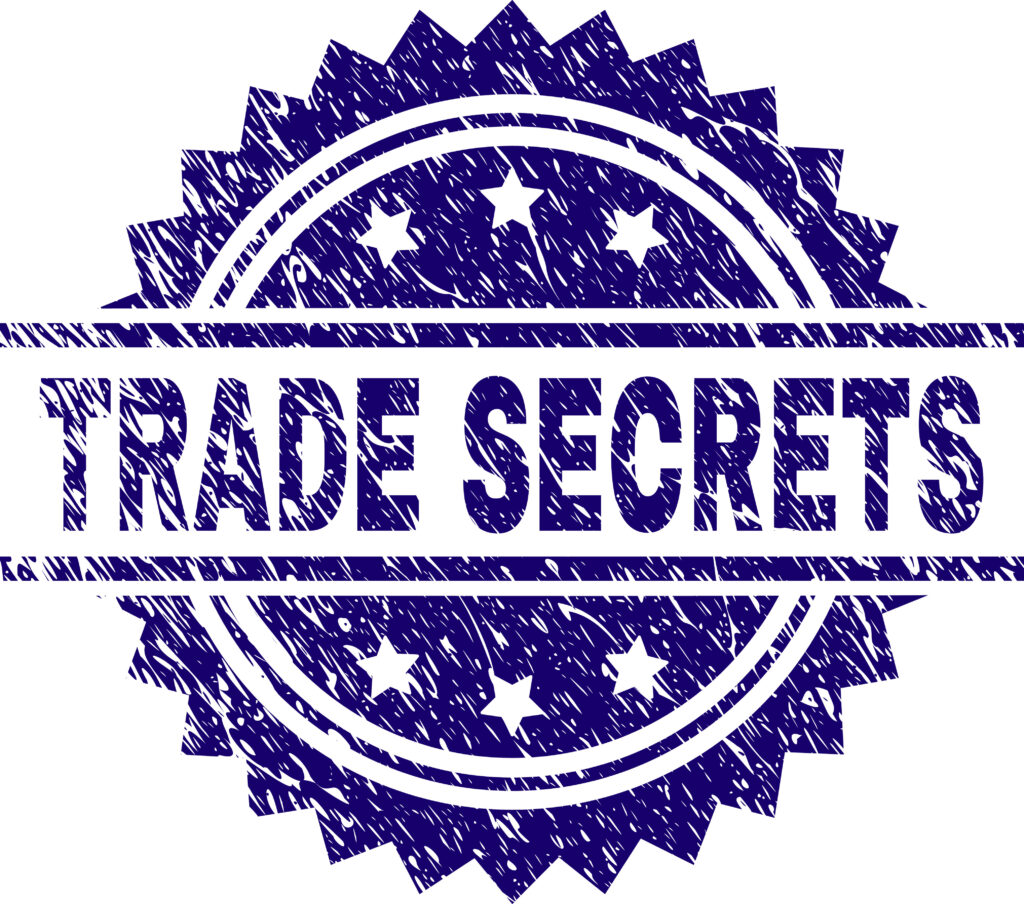Posts Tagged ‘EEA’
Ex Parte Seizures Five Years After the Enactment of the Defend Trade Secrets Act
This was first published in IPWatchdog on March 26, 2021. “Parties seeking the extraordinary remedy of an ex parte seizure order should emphasize whether, for example, the defendant has a high level of computer proficiency and that such a defendant may find ways to hide, quickly disseminate, or otherwise destroy key evidence if such…
Read MoreNinth Circuit Gives Guidance on Specification of Trade Secrets Under the Defend Trade Secrets Act
This was first published in IPWatchdog on February 2, 2021. “The court found that the identification of trade secrets is an ‘iterative process where requests between parties lead to a refined and sufficiently particularized trade secret identification.’” Two of the most important issues in trade secret cases involve the timing of when the plaintiff is…
Read MoreDepartment of Justice’s “China Initiative:” Two Year Recap
This was first published in IPWatchdog on January 3, 2021. “The Biden administration and the DOJ should review the China Initiative to determine whether prosecutions and investigations are based on the race, ethnicity or ancestry of the targeted individual, and if so to take remedial action to prevent such profiling in the future.” One of…
Read MoreDOJ’s “China Initiative”: An Upate
2020 was the two-year anniversary of the Department of Justice’s “China Initiative,” which was intended to increase the focus on the investigation and prosecution of trade secret theft and economic espionage with a Chinese connection under the Economic Espionage Act (“EEA”). According to the DOJ, it charged three economic espionage cases under 18 U.S.C. sec.…
Read MoreDefending Trade Secrets with Protective Orders
This article was first published in IPWatchdog.com on October 27, 2020. “Plaintiffs must require the entry of a detailed stipulated protective order that adequately addresses the handling of trade secrets during pre-trial but also covers the trial and post-trial proceedings, including any appeal.” Plaintiffs in trade secret cases are often faced with the difficulty of…
Read MoreTrade Secrets Lessons from Epic Systems Corp. v. Tata Consultancy Services
“This is one of the largest-ever awards in a trade secret case. For smaller companies, it may be large enough to put them out of business. It is critical, therefore, that companies take steps, including training employees not to steal trade secrets.” On August 20, the Seventh Circuit in Epic Systems Corp. v. Tata Consultancy…
Read MoreA Dubious Decision: Eleventh Circuit Finds Scraping of Data from a Public Website Can Constitute Theft of Trade Secrets (Part I)
This article was first published in IPWatchdog.com on July 2, 2020.https://www.ipwatchdog.com/ “Surely, this is not the first instance in which bots were used to scrape publicly available information from a website. Yet the Eleventh Circuit failed to provide any support for its conclusion…. If support existed for the court’s legal analysis and conclusion, it undoubtedly…
Read MoreThe Sedona Conference’s Commentary on the Proper Identification of Asserted Trade Secrets in Misappropriation Cases.
Two of the more important issues in trade secret cases involve when the plaintiff is required to identify its alleged trade secrets, and the degree of specificity with which they must be identified. However, the DTSA does not address either of these issues and most state courts have not agreed on uniform standards. The degree…
Read MoreLevandowski Agrees to Plead Guilty to Charges Under the EEA.
On March 19, 2020, Anthony Levandowski, a pioneer of self-driving car technology, announced that he worked out a plea deal with federal prosecutors to plead guilty to one count of trade secret theft under the Economic Espionage Act. His trial was set for January 2021. Levandowski also recently filed for bankruptcy protection citing a $179…
Read MoreReview of Key 2019 Trade Secret Decisions and Trends (Part I)
In general, A trade secret is any information used in business if the owner has taken reasonable measures to keep such information secret, and the information derives independent economic value, from not being generally known to, and not being readily ascertainable through proper means by the public. Almost every state has adopted some form of…
Read More






